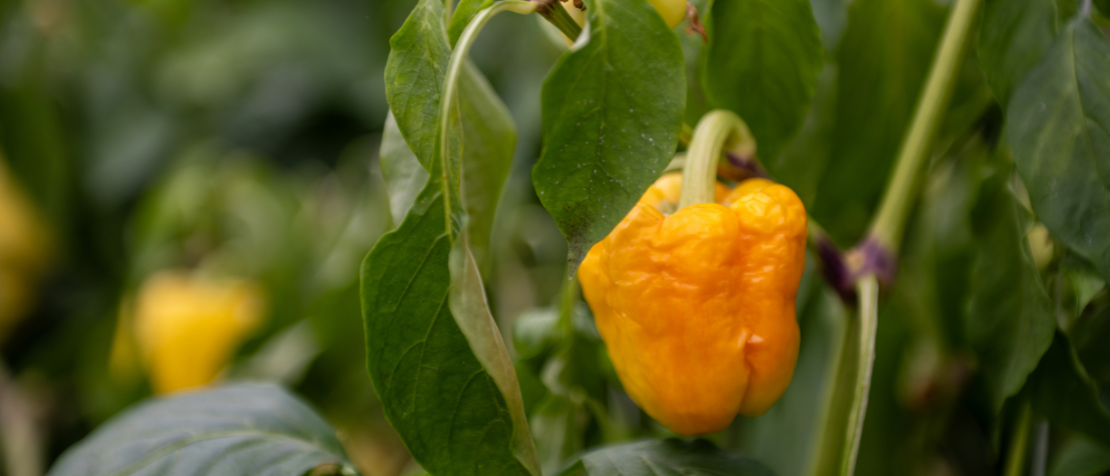For the first time, FAO offers regional virtual learning course on tackling food loss and waste

©FAO/Imrana Kapetanovic
Just a few days before Stop Food Waste Day on 30 April, the Food and Agriculture Organization of the United Nations (FAO) has successfully delivered the first regional edition of a virtual learning course on tackling food loss and waste (FLW).
Developed in collaboration with the International Food Waste Coalition (now part of the Waste and Resources Action Programme Europe) and hosted on FAO’s Virtual Learning Center, the course offered a hands-on, practical training experience tailored for key actors in the region’s agrifood value chains and systems.
The four-week tutored course, which ran from 18 March to 25 April, gathered participants from Eastern Europe, the Western Balkans, the Caucasus, Central Asia and Türkiye. It offered tools and strategies to measure, monitor and reduce FLW across all stages of the food value chain.
In total, 171 people participated from 11 countries, representing various sectors, including primary production, processing, distribution, retail, catering, restaurant, hotel, extension services; industry associations (producers, retailers, processors, and others), chambers of commerce, academia, civil society, and government, including food safety authority.
Course content and learning objectives
The course consisted of six interactive, self-paced modules, beginning with an introduction to the concept of FLW in the context of sustainable agrifood systems. Subsequent modules focused on FLW at each stage of the food value chain: primary production; processing; retail; and the hotels, restaurants and catering sector. The final module covered the design and evaluation of FLW reduction interventions.
The course emphasized the root causes of FLW and looked at its economic, environmental and social impacts. The course also presented tools such as the FLW Protocol, cost calculators and donation platforms; introduced strategies for intersectoral collaboration; and promoted practical case studies, with a focus on examples from Europe. Participants had the chance to explore interventions and identify tools to monitor and evaluate reduction strategies.
Three webinars supported the training: an opening session introducing the course structure and regional focus, a technical session on consumer interventions featuring DG SANTE, and a closing session for reflection and exchange among trainers and participants.
Participants were active in the Virtual Learning Center’s dedicated discussion forum, sharing experiences and responding to focused questions from the trainers on a range of topics.
Encouraging systems thinking
The course is a regionally adapted resource designed for businesses and value chain actors, providing practical tools and strategies to help them identify, measure and reduce food loss and waste within their operations.
“The course helped me reflect on national strategies for reducing food loss and waste, from production to consumption,” said Zhuldyz Satayeva from the S. Seifullin Agrotechnical University in Kazakhstan. “As a technologist, I see clear links between theory and practical application.”
Participants were reminded that tackling FLW is no longer just a technical challenge but a shared responsibility and powerful lever in the transformation of agrifood systems. The course highlighted the need to integrate circular economy principles and promote sustainable practices across production, distribution and consumption to build resilient and low-waste agrifood systems. Participants were encouraged to prioritize feeding people through strategies such as food use hierarchies and to collaborate across the entire value chain, adding value at each stage rather than shifting losses. The need for measuring consistently and transparently, using data to drive action, also was underlined.
“The module on farm-level losses inspired me to explore food loss and waste strategies with local farmers involved in food donation initiatives,” said Sofia Tvaradze, Project Manager at People in Need, Georgia.
With the right knowledge, tools and commitment, participants were encouraged to move “from knowledge to action” and help build more sustainable and resilient agrifood systems. The FAO online course represents a major step in building regional capacity to address FLW and support progress towards SDG Target 12.3 to halve food waste and reduce food loss by 2030.
